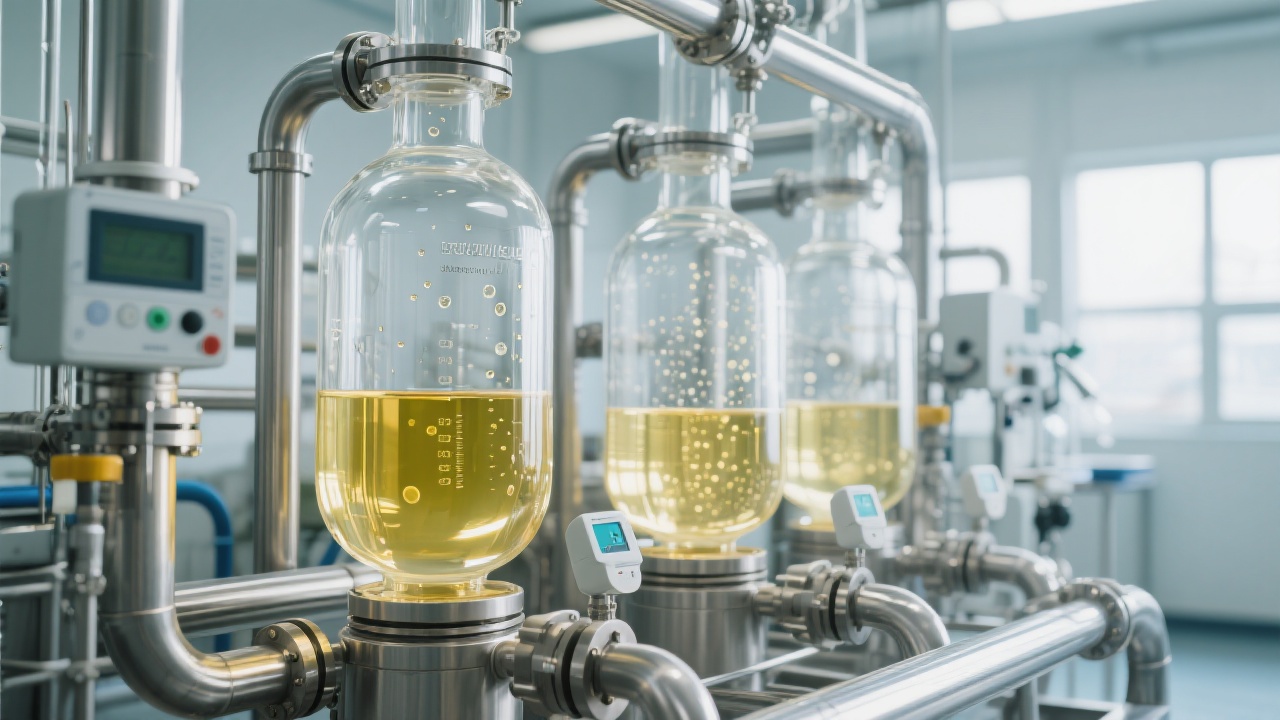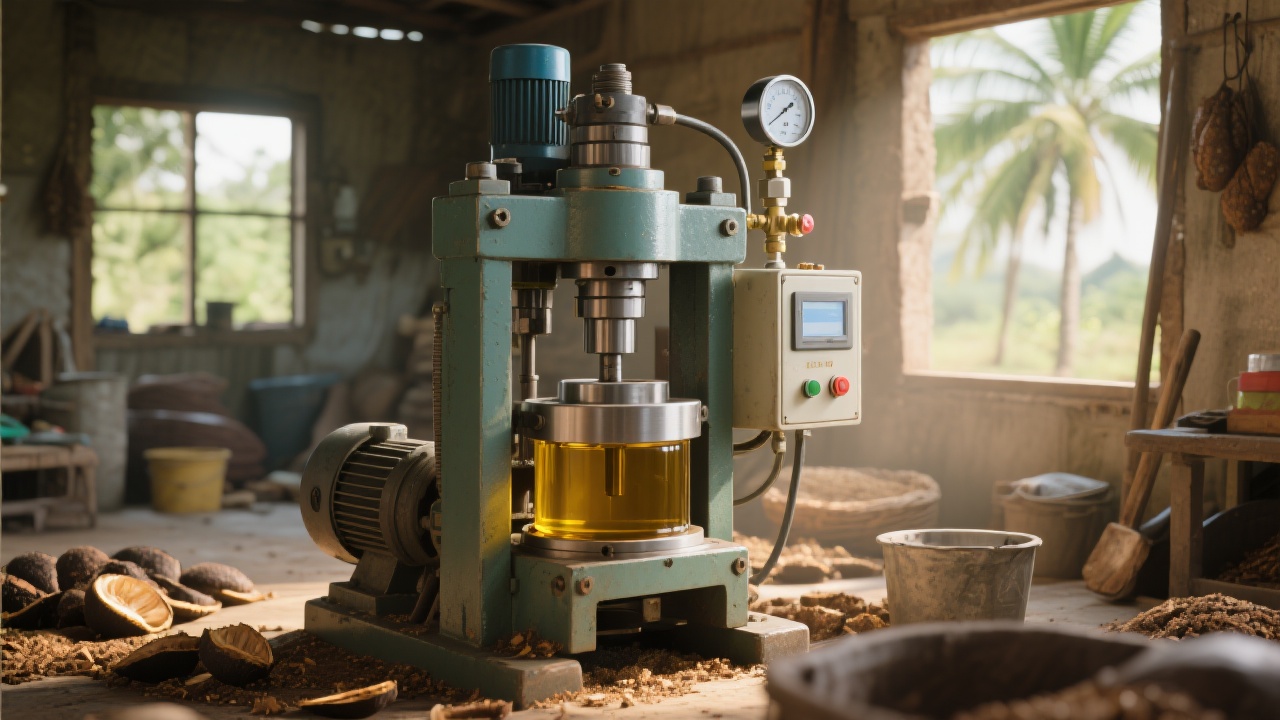
In the soybean oil production industry, the difference between traditional and modern soybean oil mills is becoming increasingly evident, especially in terms of energy consumption and quality control. This article aims to provide a detailed comparison for soybean oil producers, food processing companies, and environmentally - conscious consumers.
Traditional soybean oil mills typically rely on outdated production technologies and equipment. These mills often have a relatively low energy efficiency, with a significant portion of energy being wasted during the production process. For example, some traditional mills may use steam - based extraction methods that require large amounts of coal or natural gas to generate steam. The energy consumption per ton of soybean oil production in traditional mills can reach up to 300 - 350 kWh.
On the other hand, modern soybean oil mills have adopted advanced production processes and energy - saving equipment. By using solvent extraction methods and optimized heating systems, modern mills can significantly reduce energy consumption. Data shows that modern mills can cut energy consumption per ton of soybean oil production to around 150 - 200 kWh, a reduction of up to 50%. For instance, a modern soybean oil mill in the United States was able to save approximately 500,000 kWh of electricity annually after upgrading its equipment, which not only reduced its operating costs but also had a positive impact on the environment.

In traditional soybean oil mills, quality control is often a challenge. These mills usually rely on manual inspection and sampling methods, which are time - consuming and prone to errors. As a result, the quality of the soybean oil produced may vary, and it is difficult to ensure that the products consistently meet strict food safety standards. For example, the acid value and peroxide value of the soybean oil in some traditional mills may fluctuate, leading to potential quality issues.
Modern soybean oil mills, however, are equipped with real - time quality monitoring systems. These systems can continuously monitor key quality indicators such as acid value, peroxide value, and moisture content during the production process. If any indicator deviates from the standard, the system will automatically adjust the production parameters to ensure product quality. A modern mill in Europe was able to reduce the defective product rate from 5% to less than 1% after implementing a real - time quality monitoring system, ensuring that its products consistently met international food safety standards.

The advantages of modern soybean oil mills in energy consumption and quality control directly translate into enhanced market competitiveness. With lower energy consumption, modern mills can offer more cost - effective products in the market. At the same time, the high - quality products produced by modern mills are more attractive to consumers who are concerned about health and environmental protection.
In addition, modern mills' green and efficient production models are in line with the current global trend of sustainable development. By reducing energy consumption and waste, these mills contribute to environmental protection and resource conservation. This not only helps mills meet regulatory requirements but also enhances their corporate image.
In conclusion, modern soybean oil mills have significant advantages over traditional mills in terms of energy consumption and quality control. The data and case studies presented in this article clearly demonstrate the superiority of modern mills. For soybean oil producers and food processing companies, upgrading to modern production models can lead to cost savings and improved product quality. For environmentally - conscious consumers, choosing products from modern mills means a healthier and more sustainable choice.
Are you interested in learning more about the latest technologies in soybean oil production? Do you have any questions about the energy efficiency and quality control of soybean oil mills? Leave your comments below and let's start a discussion!
If you want to explore how modern soybean oil mills can benefit your business, click here to get more information.

